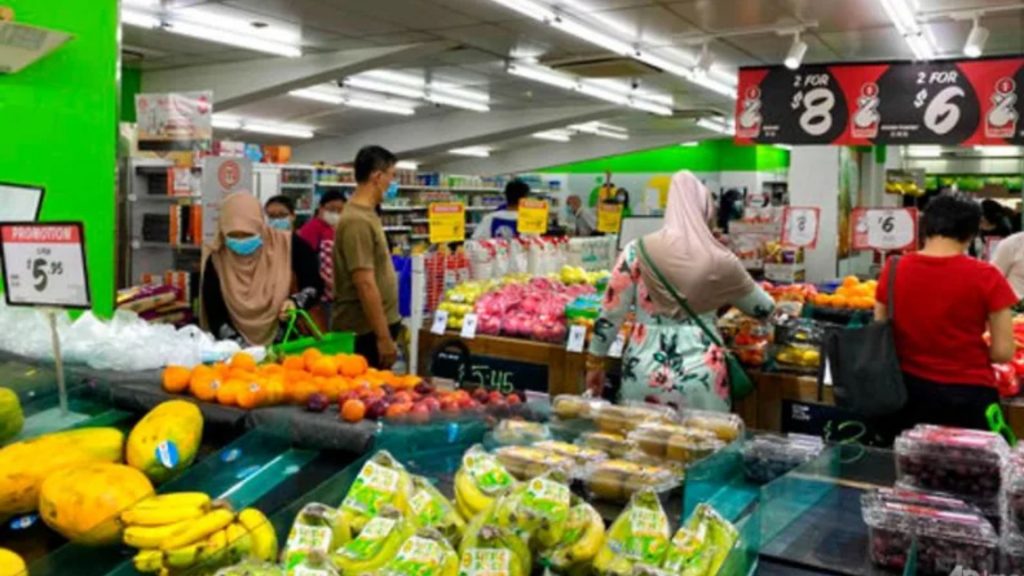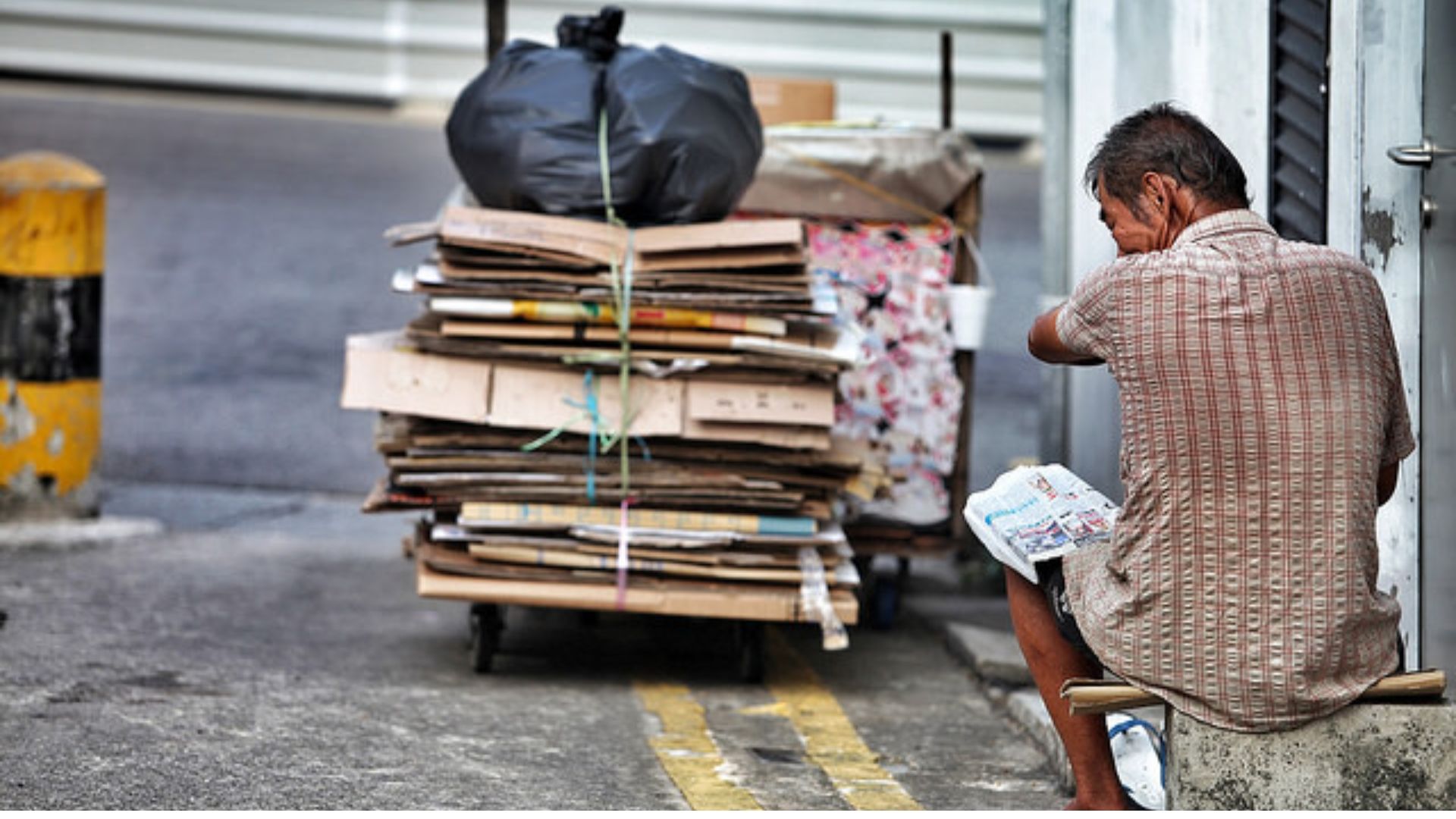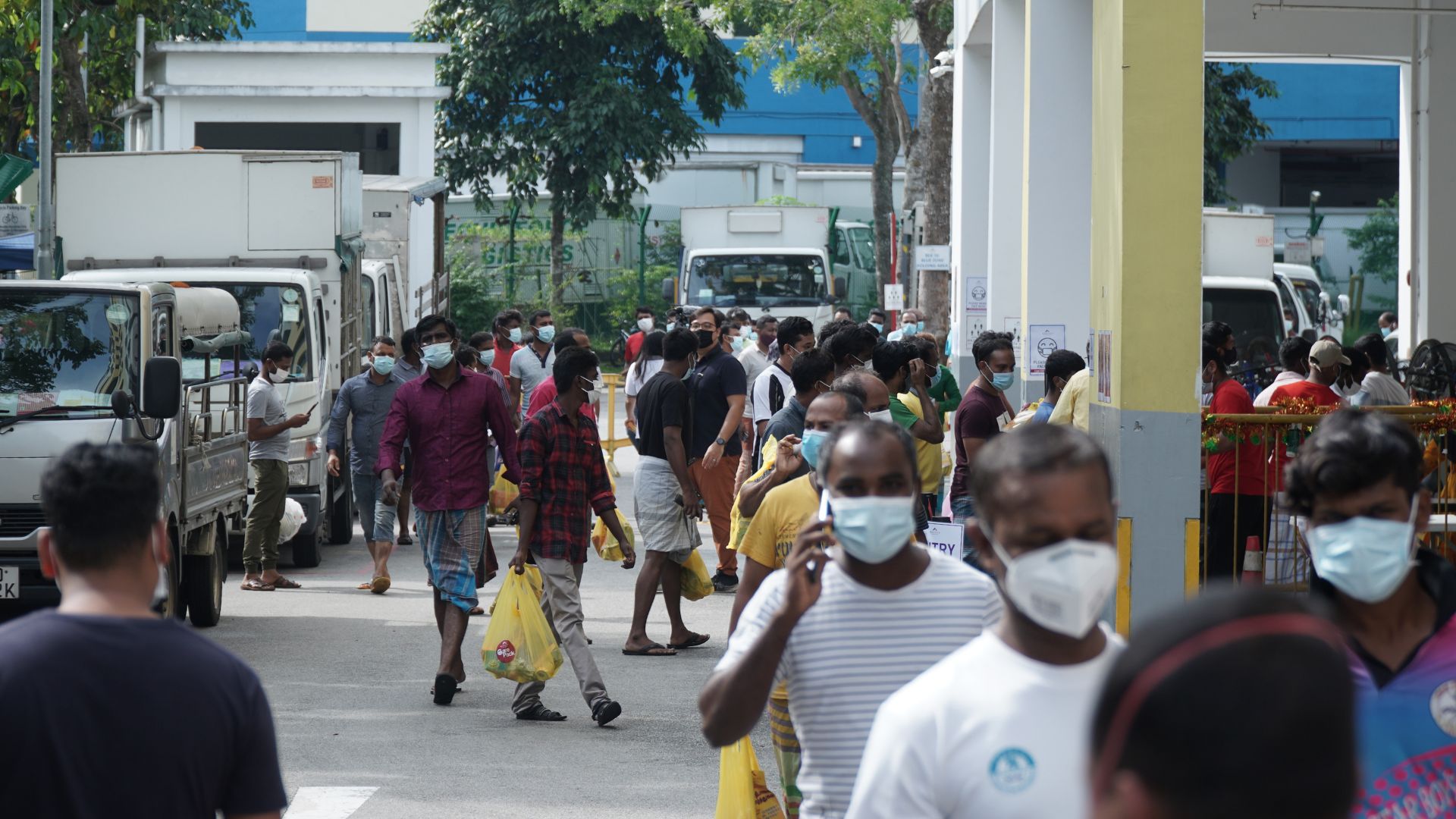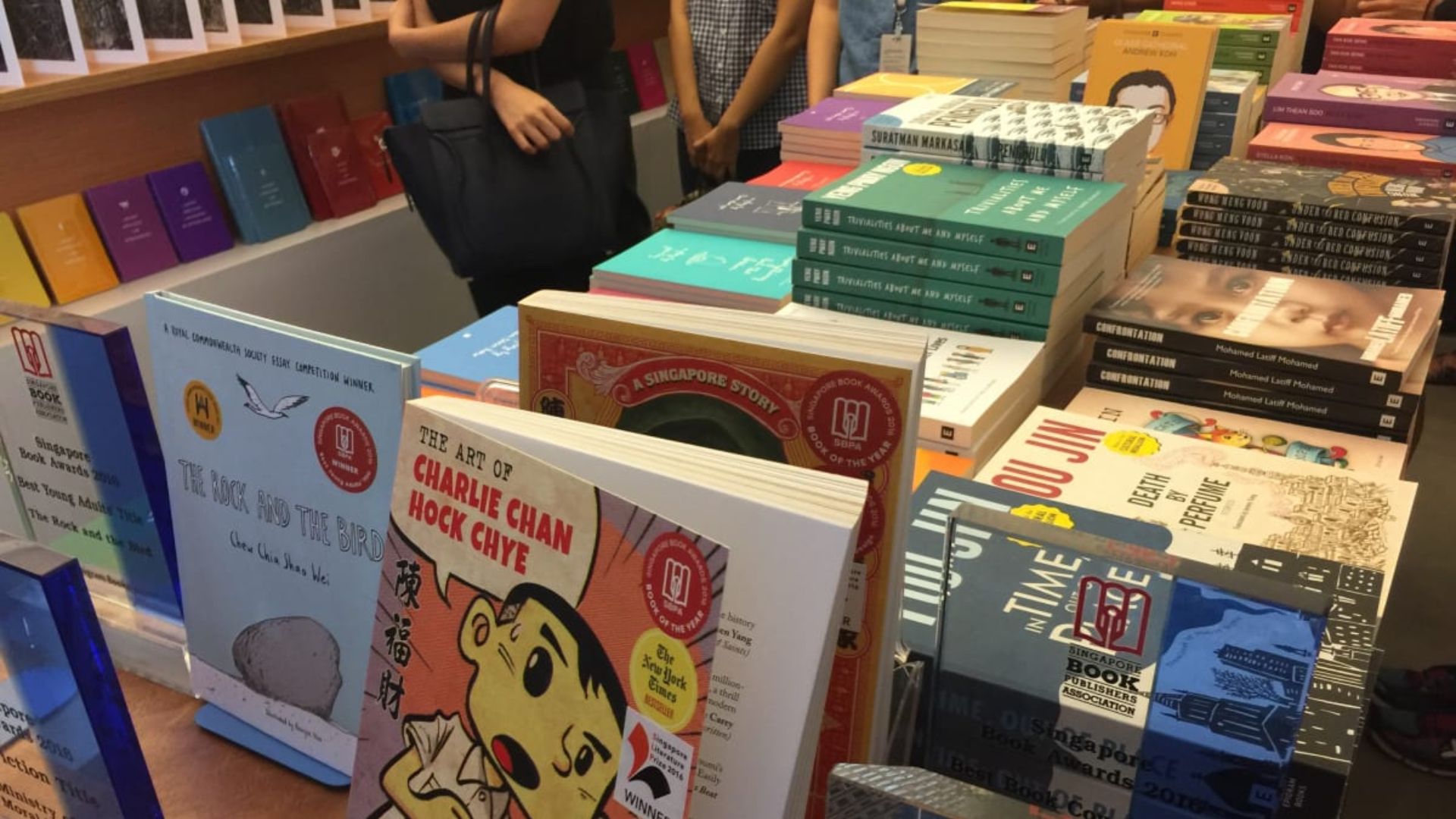Inflation is wreaking vengeance on the poor and low income, eroding the value of real wage and savings, and leaving them poorer.
Even Prime Minister Lee Hsien Loong warned of challenges in the cost of living and that a global recession could occur within the next two years.
Methodist Welfare Services (MWS) says it has seen increased signs of stress among the people it helps.
In the two nursing homes for the frail and chronically ill that it runs in Choa Chu Kang and Yew Tee, a larger proportion of residents are struggling to pay, even for their heavily subsidised stays, as rising inflation eats into the finances of family members.
Among low-income families on its debt clearance and savings matching programme aimed at helping families get out of poverty, the number who are able to clear debts or build savings has declined by 5 per cent from a year ago.

“With inflation and rising costs, we have observed a trend of more families being unable to pay their monthly dues,” said a spokesperson for the welfare organisation, which serves over 9,000 low-income and distressed families, disadvantaged children, at-risk youth, the frail and destitute, and the socially isolated.
To be sure, inflation is not the only issue.
The damage wrought by Covid-19 has hurt many families financially and psychologically, while the government’s push towards digitalisation has left some of the elderly and lesser- educated behind.
MWS, for instance, has come across seniors who did not download the S$100 Community Development Council e-vouchers that had been distributed to help citizens cope with rising prices.
“Some of them either do not know how to use these vouchers or would have thrown them away without knowing what these are,” the MWS spokesperson told TheHomeGround Asia.
MWS helped these individuals by getting hard copy versions of the vouchers from Community Clubs or by exchanging the vouchers for cash.
Worsening food inflation
According to the latest inflation data, consumer prices in Singapore rose by 7.5 per cent in September, led by electricity and gas whose prices jumped 23.9 per cent from a year ago.
While the pace of energy inflation was unchanged from August, food inflation accelerated to 6.9 per cent year-on-year from the previous month’s 6.4 per cent.
The Monetary Authority of Singapore (MAS) says inflation will likely stay elevated until the second half of next year with “upside risks” to its outlook due to the possibility of fresh shocks in global commodity prices and more persistent-than-expected inflation in other countries.
“The rises in food and energy are the most worrisome because these are basic goods that impact every household,” Devadas Krishnadas, CEO and lead advisor at Future-Moves Group, says in a LinkedIn post.
Odd-job labourer Mohamed Kasnan, 65, remembers when he used to get three decent meals daily for less than $10, but says those days are now gone.

“I live in the Eunos/Geylang Serai area and up until June this year, it was not a problem for me to spend just $10 for breakfast, lunch, and dinner every day. Nothing fancy, but enough to fill my stomach and do my work,” says the bachelor.
But all that changed for him in mid-June when the food stalls near his home began upping their prices — first by 20 cents and then later by as much as 40 cents.
“I do not earn much, and my income is not constant. After a while, my usual breakfast of bread and kopi-O has become just kopi-O now. For dinner, I have even cut out the tempe (fermented beancurd) slice that I used to include for my protein. Forty cents more seems small to some people, but it adds up after a month or so, especially for someone who has no steady income,” he says.
He is, however, thankful for the rebates provided by the Government, especially in areas such as conservancy charges and utility bills but acknowledges that it is not enough for him to keep up with the current rising inflation rates.
“When I ask shopkeepers why they have to raise their prices so high, they often just shrug their shoulders and say ‘blame Ukraine and Russia’ or ‘because of Covid-19’. Most of the time, they would just say ‘What to do, prices have gone up.’,’’ he says.
Middle class squeeze
While inflation has hit the poor particularly hard due to their lower income and lack of savings, the pain of rising prices — and interest rates — has affected a huge swath of people in Singapore, including fairly well-to-do families and well-paid expatriates.
A software developer from China, for instance, says her rent recently doubled, taking a big bite of her salary. A Singaporean director of an IT company says it now costs A$2,200 a month to service the loan on his overseas property in Australia, a 33 per cent increase from around A$1,650 some two years ago.
Mr Harry Lim, a retired teacher who works part time, says he has cut back on dining at restaurants and is “actively seeking hawkers who offer value for money.”
He is worried about the future as he thinks his CPF Full Retirement Sum (FRS) pay out of around S$1,300 a month will not be sufficient when he turns 65 in about five years from now due to rising inflation.
Ms Cheryl Yap, a homemaker, says food prices have risen significantly since the start of the year, noting the zi char stall she frequents now charges S$6.90 for a packet of rice with a piece of fish, an egg and some vegetables – up from around S$5.50 previously. The price of Gardenia white bread, which she buys regularly, now costs S$2.20 instead of S$2.00.

Madam Hilda Low, a preschool teacher, says the last two years have been trying for her financially. The mother of two children, aged 6 and 4, whose husband drives for Grab, says while the pandemic took a big toll on her family finances because “I could not work for many months and my husband became the sole breadwinner”.
“But we were able to just maintain our living standards, thanks to the fact that we are financially prudent and eat mostly at home. But since the war in Ukraine occurred, followed by the supply chain disruptions, we have had to tighten our belts significantly,’’ she says.
Madam Low now ventures further away from her usual supermarkets and provision shops to look for bargains and cuts out the Fairprice coupons before scouring the outlets for the best bargains.
“We used to buy mackerel and chicken weekly … but the current price hikes have made mackerel unaffordable for my family, so I buy smaller fish,” she adds.
Dr Tan Kee Wee, principal partner at Waveney Economics, says that as the economy slows and prices continue to rise, only a lucky few will see their incomes keep up with inflation.
“For the rest of us, we have to think twice about indulging in our usual luxuries like eating out in high-price restaurants and having an extra holiday abroad. We must also think twice carefully before spending unnecessarily to replace our cars and phones or overindulge in services like short taxi rides and frequent food deliveries.”
RELATED: Working the savings harder in a time of high inflation
Join the conversations on TheHomeGround Asia’s Facebook and Instagram, and get the latest updates via Telegram.




























